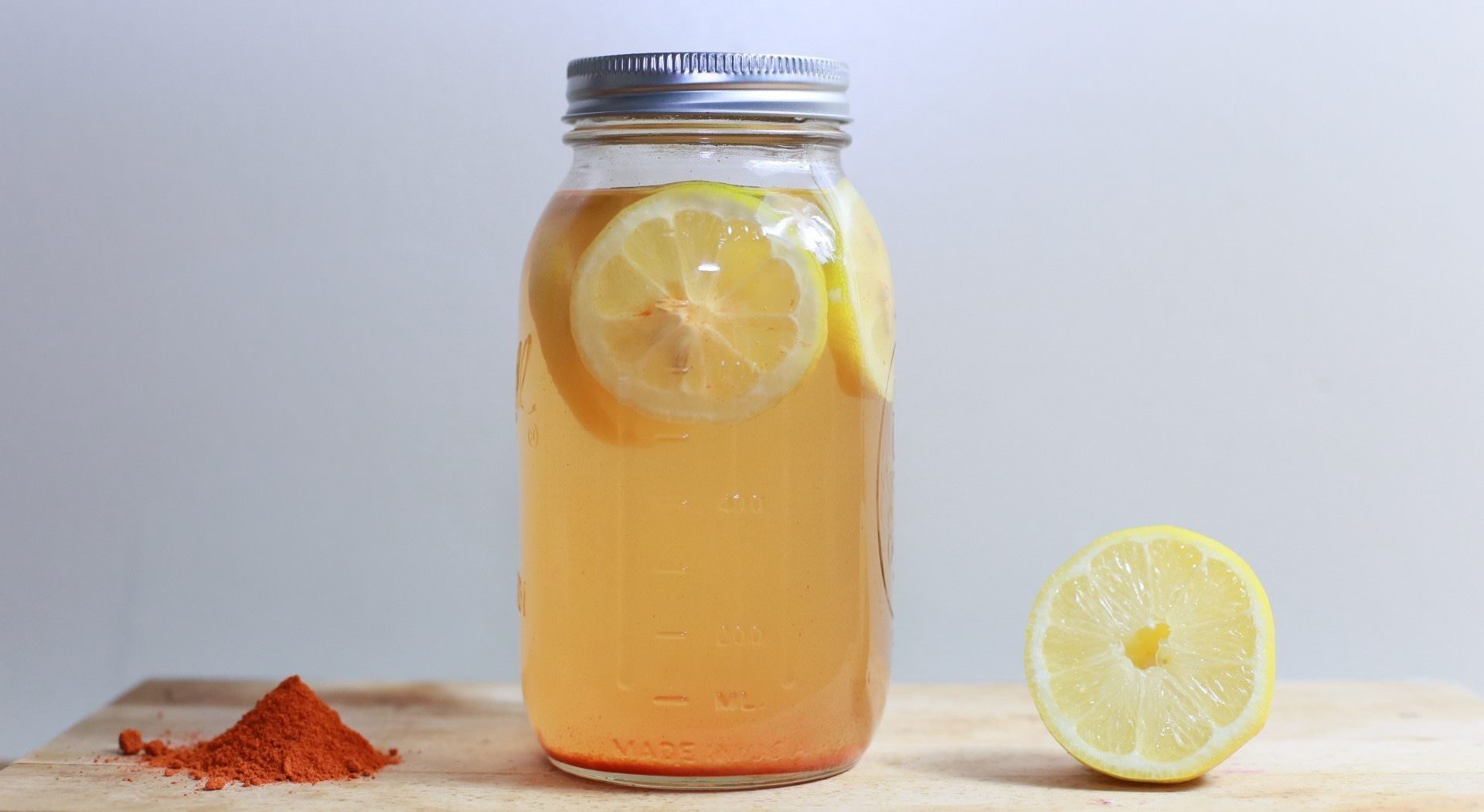
Finding a diet plan that works is not always an easy task at any time but particularly at this time of year, when you may have gained a few extra pounds over the festive period and you’ve struggling to get back on track with your healthy choices. You may find yourself swayed by the inflated claims that many diets use to market themselves and opt for a quick fix instead, when in reality, it is likely that these will be the diets to avoid.
Weight loss is by far the most common claim and indeed, due to their essentially very low calorie intake, these diets may indeed result in weight loss as claimed, at least at the outset, but not without a cost to your health. In addition, the feelings of deprivation, frustration and emotional upset and perhaps weight gain may leave you in a worse position than before you started and knowing which diets to avoid can spare you of this turmoil.
Before you embark on a plan, I’ve rounded up the diets to avoid and why?
1. Detox Juice “fast” Diet
It might sound like the perfect quick fix option, particularly if you’re not a fan of fruits and vegetables and perhaps a reluctant cook. Although juices tend to contain less calories than a full meal, it will also depend upon what juices you choose. If prolonged past 2-3 days, you can end up consuming very little calories which rather than aiding weight loss, can send your body into “starvation mode”, where the body will slow down your metabolism in a bid to conserve calories, so in effect, making it harder to lose weight.
One of the main drawbacks with juicing is that you are removing all the valuable fibre, which you need to ensure a healthy digestive system. Our gut has both good and bad bacteria and it is important to ensure a healthy balance. The good bacteria feed on fibre and will thrive if your diet includes plenty of fibre. In doing so, you will ensure a healthy gut flora and therefore avoid any unnecessary digestive discomfort.
It is also sometimes marketed as a method of flushing out toxins out of your body, which again, at this time of year can sound appealing. However, our bodies already have their own method of detoxification via the liver, where toxins such as alcohol or drugs are efficiently broken down and safely eliminated. The kidneys are also involved in getting rid of water-soluble toxins and including more juices will not necessarily aid this process.
By only including vegetables and fruits in a juice, you are also consuming minimal or no protein. If you are also embarking on a fitness campaign at the same time, then you will need the protein for muscle repair and renewal post workout.
Aside from these drawbacks, symptoms such as headaches, fatigue, low mood, brain fog and also hunger pangs are common on a juice diet and mistakenly, these are confused with positive signs of detoxification. Not only will you spend your day feeling well below par, there is tendency to binge or overeat once you’ve completed your target, allowing yourself to over-indulge after restriction.
All in all, there is no scientific evidence to suggest that this harsh approach is an effective long-term weight loss or detoxification tool. The digestive system is adept at working every day for each meal to digest foods and absorb nutrients without needing to be rested; a notion that is often promoted with juice diet fans. This is definitely one of the diets to avoid.
2. Miracle Food Diets
We’ve all been swayed by claims that foods or specific “superfoods” can help us to “magically” lose weight due to their miracle ingredient. Apple cider vinegar, coconut oil and green tea are all known to make such claims and some celebrities even recommend a bizarre blend of lemon juice, maple syrup and cayenne pepper as a weight loss drink. The simple fact is that no one specific food, consumed on its own or a group of food eaten together, in any quantity, at any time of day will singlehandedly cause weight loss. Certain nutrients in supplement form may claim to aid weight loss, but more often than not, they may contain an ingredient that may support weight loss but only as part of a balanced diet (and this will often be noted in the small print). It is vital that you follow a varied diet that is nutrient rich obtained from real food. As a back up, a good quality multivitamin can offer added nutrients but it is still worth remembering that to maximize the full benefit of taking these, your digestive system must be in good shape too.
3. Fasting or very low calorie diets
Not to be confused with Intermittent Fasting
Not to be confused with Intermittent Fasting, which has proven to be a successful approach, not only for weight loss but for overall health in general. Diets that advocate consuming too few calories, such as “cleanse” diets or faddy celebrity restrictive diets, are very difficult to maintain for more than a day or so, without finding that your efforts are counterproductive, sending the wrong message to your body so that it thinks you are starving and will consequently slow down the metabolism to conserve energy and calories. Once you resume normal eating, your metabolism doesn’t automatically adjust and you will actually still require few calories for a while; resulting in further weight gain. This concept is what we commonly know as “yo-yo” dieting and not effective. Sending these confusing messages will only sabbotage your weight loss efforts and certainly one of the diets to avoid.
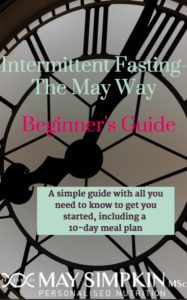 DOWNLOAD NOW and get started..the right way…THE MAY WAY!
DOWNLOAD NOW and get started..the right way…THE MAY WAY!
4. Delivered Diets
These are touted as the easiest option; offering you varied, perfectly balanced, portion controlled “home-cooked” food and takes away any decision-making that may result in bad choices. On this basis, if you stick to what you are offered and only eat the meals/snacks that arrive in your package on daily basis, it is likely that you will be successful with your weight loss goals. However, one of the most important things to ensure sustained success is to empower an individual with the knowledge and understanding, so that they can make informed choices themselves. Not withstanding the cost saving, once the food deliveries stop and without the tools to ensure a healthy approach to dieting, it is common to resume usual shopping and unhealthy eating habits.
These diet meal delivery options are not to be confused with recipe meal delivery boxes. Where you are making informed choices and you know what is going into the meals you’re eating, the convenience and versatility will mean you are much more likely to continue to eat healthily.
5. Supplement Based Diets
Many supplement companies will formulate supplements that they claim will not only boost metabolism or suppress your appetite, but will also provide the nutrients to ensure against any vitamin or mineral deficiencies whilst using their product. In other words, a whole body approach that will help you to lose weight with minimal effort.
Whilst many formulations can be obtained from reputable supplement companies, it is also worth noting that some pills obtained from the internet from unknown sources should be treated with extreme caution. It is likely that they have bypassed the usual health regulations and may contain dangerous levels of specific ingredients such as caffeine or laxatives. These are definitely the diets to avoid!
Eating real food is the only way to ensure a healthy balanced diet and in the right quantities, healthy weight loss can also be achieved, along with lifestyle changes.
I am passionate about introducing a sustainable approach to achieving a healthy weight and real food is key, hence this is another one of the diets to avoid.
6. Raw food diets
Whilst this diet will include a reasonably balanced diet of (raw) fish, sea vegetables, nuts, seeds and raw dairy foods and does promotes plenty of fruits and vegetables and therefore fibre, mostly from unprocessed and uncooked, eating raw food only for a prolonged period can result is vitamin deficiencies. Not only does this entail a dedicated approach to food choices to ensure a healthy balanced diet, some nutrients only become optimally bio-available once cooked, for example lycopene, an important antioxidant found in tomatoes and carrots which contain beta-carotene that we convert Vitamin A.
A bigger challenge however, is ensuring adequate levels of protein, vitamin B12 and iron which are all found in abundance in foods that we typically prefer to cook; meat, fish, eggs and grains. In fact, cooking grains and legumes such as beans and lentils reduces harmful lectins and phytic acid that can block your body from absorbing essential minerals.
Research shows that both raw and cooked foods will provide health benefits with limited evidence that raw food alone is particularly beneficial for human health. As it typically means less calorie intake, it can be difficult to eat enough to satisfy calorie requirements and therefore can result in weight loss at the outset when initially switching to a raw food diet.
VERDICT:
Unfortunately there is no quick fix and also no “one size fits all” when it comes to dieting. Finding a right balance that takes into consideration your age, gender, lifestyle and of course health goals is the plan that is most likely to achieve success. Choosing a variety of healthy foods and focusing on balance and moderation is the key to success and knowing which diets to avoid is a great starting point.
If a diet sounds too good to be true, with claims of a secret ingredient that will achieve dramatic results, it is likely that it is simply that…too good to be true and most likely one of the diets to avoid! Aiming for weight loss of 1-2lbs a week, although not headline grabbing, is realistic and far healthier. Studies have shown that those who lose weight very quickly are more likely to put it back on quickly.
There is no substitute for putting in the effort to change unhealthy eating habits to ensure sustainable change.
I originally wrote this article for HEALTHISTA


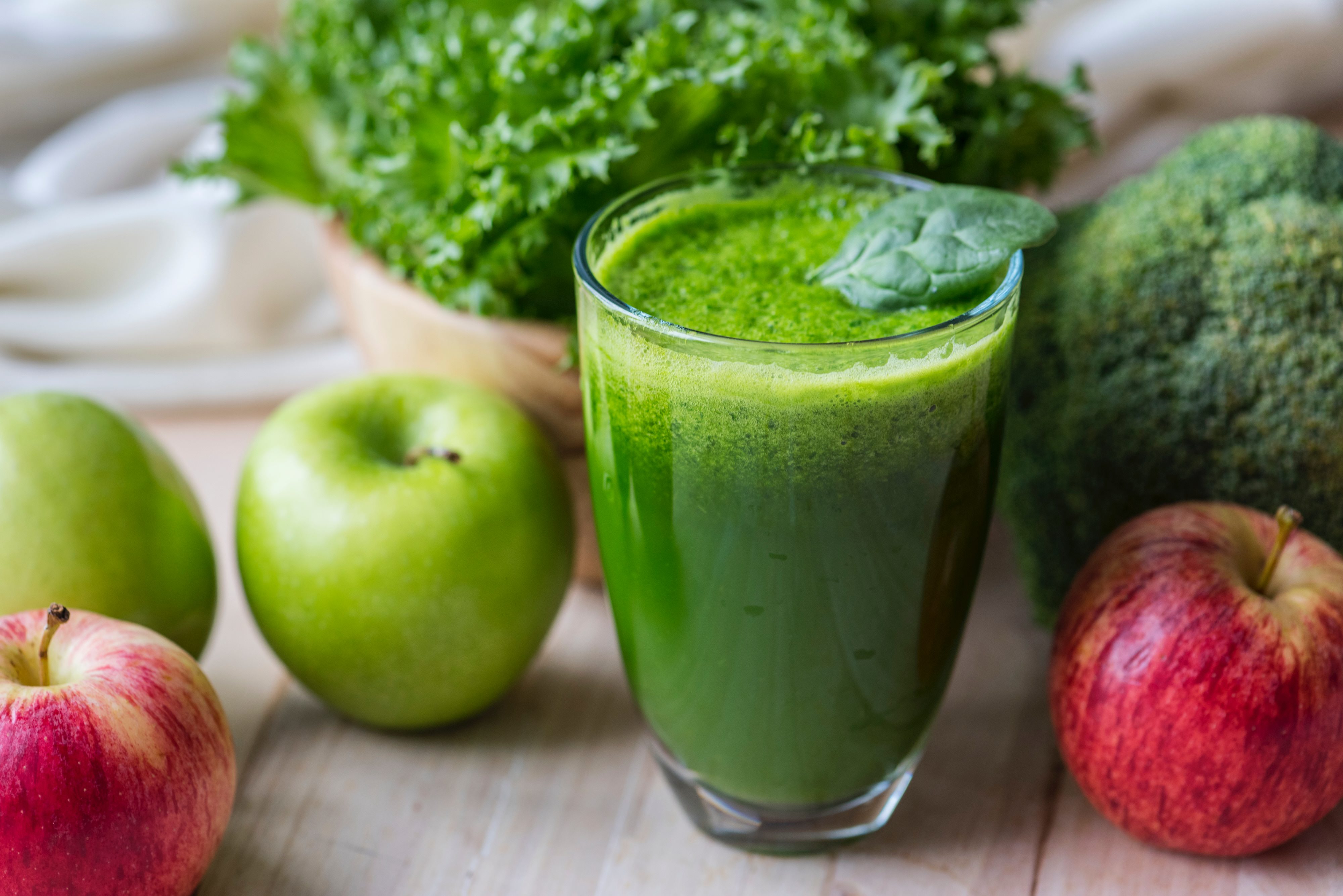
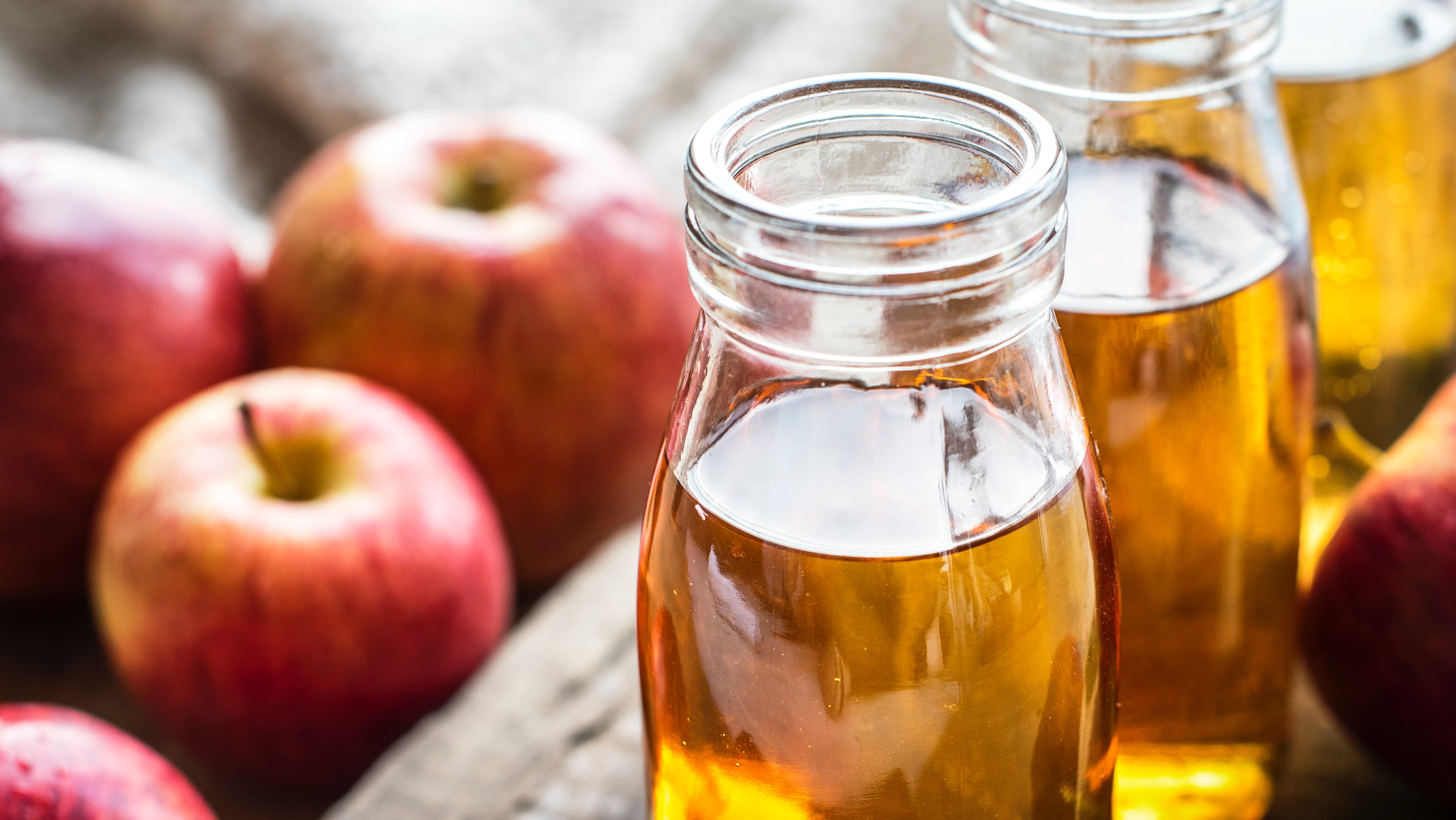


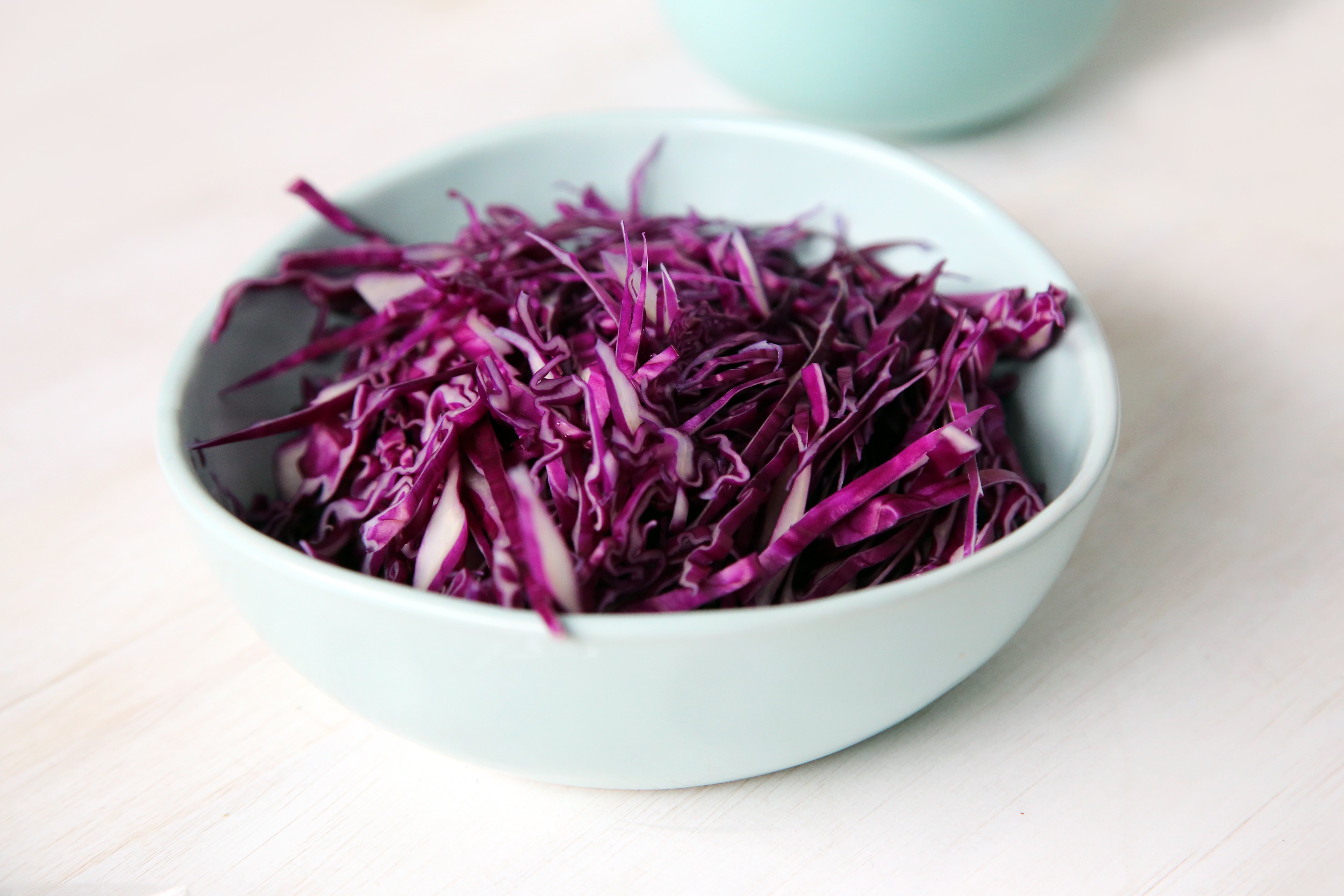
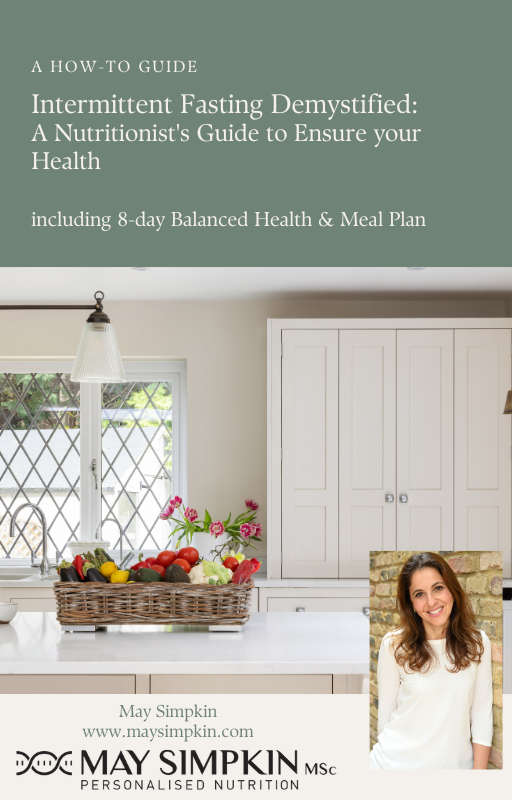
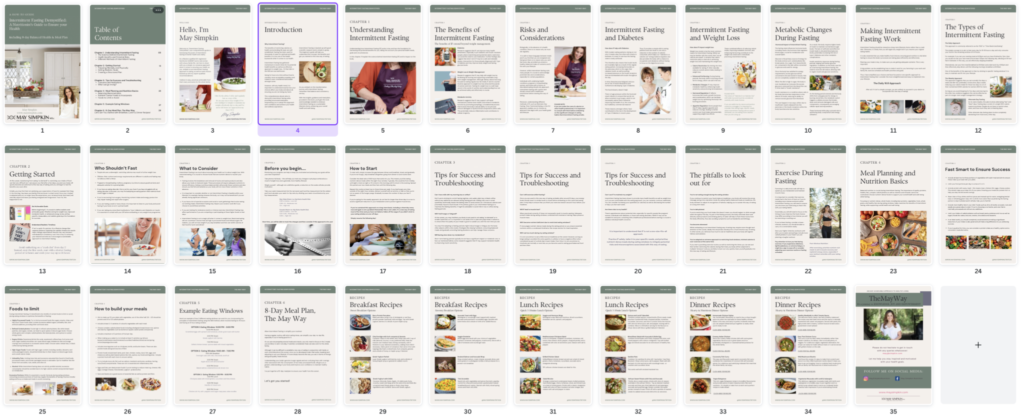




0 Comments